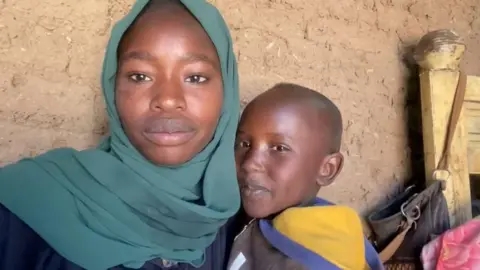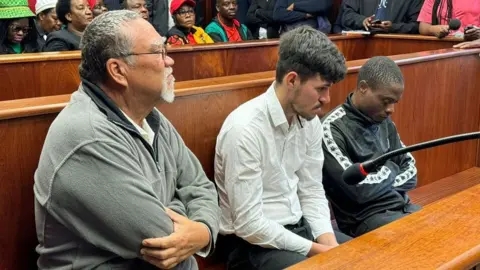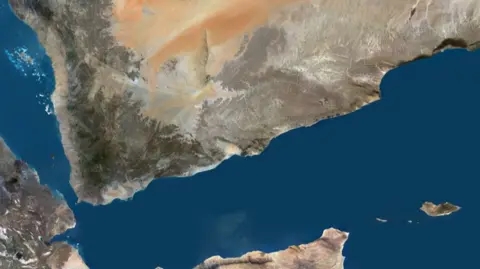The United States is pushing for a landmark peace agreement in the mineral-rich Democratic Republic of Congo (DRC), aiming to stabilize the conflict-ridden eastern region while securing access to critical resources. The initiative, championed by the current administration, seeks to mediate between the DRC and neighboring Rwanda, with high-level talks expected soon.
At the heart of the effort lies the DRC’s vast mineral wealth—cobalt, copper, lithium, and other rare earth elements essential for modern technology, from smartphones to electric vehicles. Currently, China dominates the supply chain, but the US is maneuvering to shift the balance. Analysts suggest the proposed peace deal could include economic incentives, potentially opening doors for American investment in the region.
Critics warn that the DRC risks trading long-term sovereignty for short-term security guarantees. Similar arrangements elsewhere in Africa, such as China’s infrastructure-for-oil deals in Angola, have left nations locked into unfavorable terms. Experts question whether the Congolese government will retain control over its resources or be forced into extended concessions.
Meanwhile, the conflict on the ground remains volatile. The M23 rebel group, accused of smuggling minerals into Rwanda, continues to hold territory despite international pressure. A ceasefire is reportedly imminent, but past agreements have collapsed, and skepticism runs deep. Key sticking points include Rwanda’s alleged military presence in the DRC and demands for the disarmament of the FDLR, a militia linked to Rwanda’s 1994 genocide.
The US-led mediation is not the only diplomatic effort underway. Qatar, a close US ally, is simultaneously negotiating between Kinshasa and the M23, raising concerns about conflicting agendas. Observers stress that any lasting peace will require more than high-profile summits—it demands grassroots reconciliation and economic justice for communities ravaged by decades of war.
As talks progress, the challenge will be ensuring that stability benefits the Congolese people, not just foreign investors. The road to peace is long, and history suggests that resource-driven deals often leave the most vulnerable behind. Whether this initiative succeeds—or repeats past mistakes—remains to be seen.









